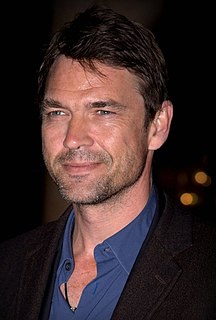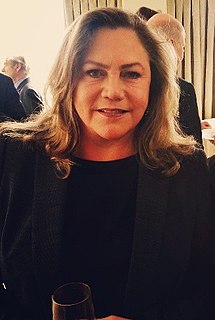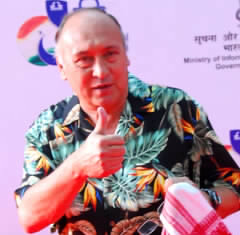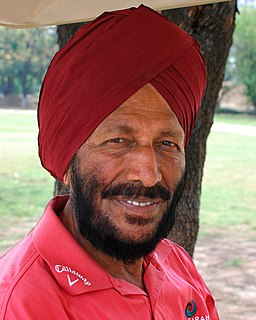A Quote by R. J. Cutler
Working on 'The War Room' was a thrill, not only because we were given such exquisite access to the nerve center of Bill Clinton's first presidential campaign, but for me personally, it was so exciting to be producing my first film and working with documentary filmmaking legends D.A. Pannebaker and Chris Hegedus, who were the film's directors.
Related Quotes
When I first started working in politics, as a junior aide on Walter Mondale's 1984 presidential campaign, it never occurred to me that I would one day work in the White House. There were plenty of women among the volunteers who stuffed envelopes and walked precincts. But there were fewer and fewer on each successive level of influence and access.
I love the new technology in terms of giving access to doing more independent work. When I first started out, any film had to rent from Panavision and the expenses were humongous. Now, given the advances in technology, you can put out extraordinary quality filmmaking at nothing like the price it used to be.
In 1993, my first documentary was about the civil war in Algeria. That was in French and in Arabic. Another short film I did was silent. What I'm trying to say is that, yes, I'm Italian, and yes, I make films with Italian money, but personally, I've always been invested in the broader world of film-making.
Directing plays lacked the immediacy and connection to real world events that journalism offered; journalism lacked the drama, theatricality and subjective storytelling of theater. It wasn't until I had the idea of making a documentary film about the 1992 presidential campaign that these two passions came together in 'The War Room.'
Most people look at a feature film and say, "It's just a movie." For me there is no border or wall between fiction and documentary filmmaking. In documentaries, you have to deal with real people and their real feelings - you are working with real laughter, happiness, sadness. To try to reflect the reality is not the same as reality itself. That's why I think that making a good documentary is much harder than making a good feature film.
If you make a film, that magic is not there, because you were there while shooting it. After writing a film and shooting it and being in the editing room every day, you can never see it clearly. I think other people's perception of your film is more valid than your own, because they have that ability to see it for the first time.
We had a great producing staff and great filmmakers, but for me, my mission , as a producer, was to make sure that the creators were happy with the film Death Note and that their voices were heard. I felt, if the creators were proud and happy with the film, then in turn, the fans would be proud and happy with the film because the creators know the fan base, inside and out.
I spent a year and a half working for an art fair. I worked as a post-production assistant for a documentary film company for a while. Then I worked at the Apple store because I wanted a discount to be able to buy new gear to edit things while I was figuring out whether or not I wanted to go to film school. Those were the main things.



































